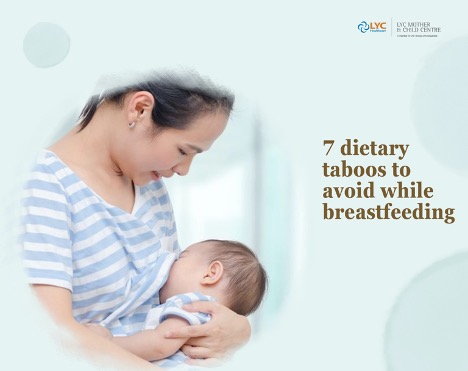
As you welcome your bundle of joy, your food choices become extremely important. During breastfeeding, your diet directly affects the health and growth of your baby, so there are some foods you should avoid.
These foods and drinks containing irritating substances may be passed to your baby through breast milk and affect your baby's sleep quality and the development of the nervous system. Caffeine can cause excitement and restlessness, while alcohol can have negative effects on your baby's organs and cognition, so it should be avoided entirely during breastfeeding.
Foods that contain too much fat, such as fatty meats and fried foods, may cause indigestion in your baby, leading to gas or diarrhea. You can choose low-fat foods to ensure the comfort of your baby's gastrointestinal tract.
Foods such as bacon, salted eggs, salted fish, ham and fermented bean curd contain too much salt, which may increase the burden on your baby's kidneys. Excessive salt intake can also affect your health.
Be careful when consuming foods that only provide calories but lack nutritional value such as candy, chocolate, desserts, and soda. Although these foods can provide you with instant energy, they lack the nutrients needed for your baby's growth.
Spicy condiments and foods with irritant properties such as chili, pepper and curry, also need to be reduced during breastfeeding. These foods may cause gastrointestinal discomfort and make your baby feel uncomfortable.
Foods such as ginseng, leeks and malt, are foods that are not suitable for consumption during breastfeeding as it can decrease the milk supply.
Oral contraceptives may decrease the amount of milk you produce, affecting your baby's growth. During breastfeeding, you should avoid the use of oral contraceptives, but choose other safe contraceptive methods.
If you have any concerns or questions, you should always seek the advice of your doctor to ensure that you and your baby stay healthy.